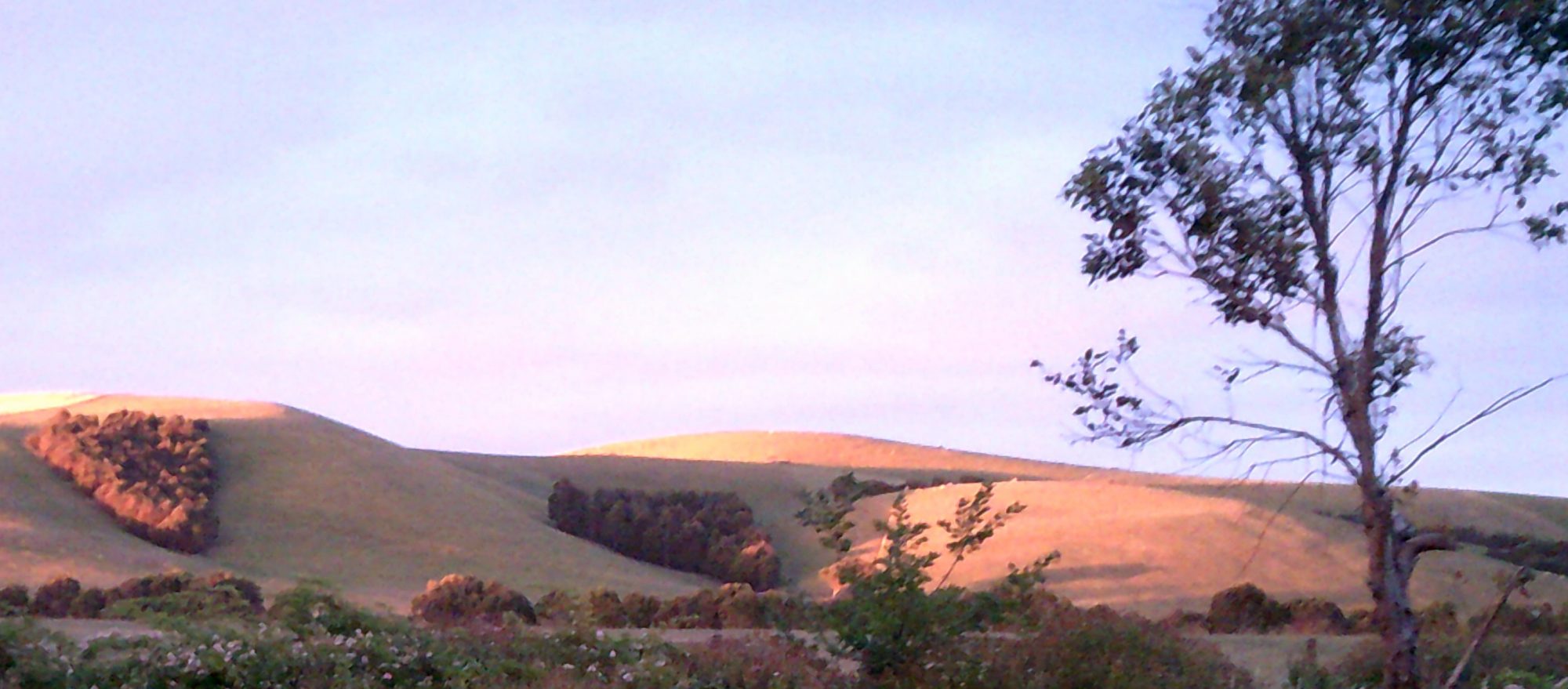Author’s Note: I am Anower Solim.
This piece of writing is not just a collection of facts, it is a reflection of my lived experience. As a Rohingya youth born stateless and raised inside the world’s largest refugee camp, I write with the hope that my story and the stories of my people will not be forgotten. This is a window into the daily survival we endure in Cox’s Bazar. I invite you to read with empathy and I ask you to listen with heart.
Trapped in the World’s Largest Refugee Camp: A Rohingya Boy’s Account of Daily Survival in Cox’s Bazar
By Anower Solim
I still remember the day we crossed the border into Bangladesh. The sun was hot, the earth beneath my feet felt foreign and my heart carried a heaviness I didn’t yet know how to name. It was 2017. Violence had chased my family and I from our village in Maungdaw township, Rakhine State, Myanmar and like over a million others, we found ourselves in Cox’s Bazar. This sprawling refugee camp has since become our reluctant home, a place where life feels more suspended than safe.
A Shelter but Never a Home.
In the camps, our lives are boxed into limits. Quite literally. Each family is allotted a bamboo-and-tarp shelter measuring only 9 by 12 feet regardless of how many people live inside. Families grow but shelters don’t. Nights are sleepless, privacy is nonexistent and the air inside often feels too thick to breathe.
We are fenced in with barbed wire and denied the right to move freely. Stepping outside the camp requires permission we rarely receive. Higher education remains a dream, not a right. The camp may offer temporary safety but it does so at the cost of liberty, growth and dignity.
When Hunger Becomes the Norm.
Every month, we receive food aid from the World Food Programme. It’s barely enough. In fact, due to funding shortages, rations have dropped to the equivalent of just $6 per person per month. Imagine trying to feed an entire family with that.
Some families manage to scrape together a little extra by working for NGOs or running tiny shops in the camp’s makeshift markets. But for many, that’s not an option. Desperation pushes people toward darker paths selling drugs, gambling even becoming involved in human trafficking. Not because they want to but because poverty and hopelessness leave them with no other choices.
Living Without the Basics.
Sanitation is a daily battle. On average, one latrine is shared by around 37 people and sometimes more. Water isn’t always clean or accessible and healthcare is underfunded and overwhelmed. I have seen pregnant women give birth in overcrowded clinics or worse on the floors of their shelters. Disease spreads quickly when hygiene breaks down and many suffer in silence.
Recently, several health facilities shut down due to aid cuts. This has left thousands, especially the elderly and chronically ill without even the most basic medical support. If you fall seriously ill in the camp, your options are heartbreakingly few.
The Rise of Desperation.
Without legal status or work permits, Rohingya men and women are effectively locked out of formal employment. Over time, this has fostered an underground economy, one riddled with crime and risk. From 2017 to 2022, it has been estimated that more than 2,400 crimes were recorded in the camps with over 1,600 related to drugs.
These are not isolated incidents. They reflect a larger truth: when you deny people access to safety, purpose and opportunity, some will turn to whatever means they can to survive. Gangs take root. Arms and narcotics pass through like whispers. And all the while, the majority of us who long only for peace live in fear and under suspicion.
Growing Families, Shrinking Space.
As families expand, space does not. Children are born into cramped shelters and nothing changes to accommodate them. There is no room to grow physically, emotionally or intellectually. The result is a suffocating sense of stagnation. You exist but you don’t truly live.
I know families where four generations share one shelter. Teenage girls without privacy. Elders with no rest. Babies who wake not from hunger but from the sounds of the night: the wind against the tarp, the arguments next door, the echoes of hopelessness.
Where Light Still Breaks Through.
And yet, somehow, we hold on.
Community members volunteer to teach younger children. Women form support groups. Some youths like me have been lucky enough to complete education programs run by Bangladesh Rural Advancement Committee (BRAC) University or other NGOs. I have completed Class 12 from Community School and graduated Refugee Higher Education Access Program-RhEAP from BRAC University’s Center for Peace and Justice, a program I will always be grateful for.
These may seem like small victories to the outside world but here, they are lifelines.
What Needs to Change.
To break this cycle of survival without hope, we must take bold and urgent action: We must
- Ensure consistent humanitarian aid especially for food, water and medical care.
- Grant access to legal employment so families can become self-reliant.
- Allow movement outside the camp for education, work and dignity.
- Strengthen community safety by addressing root causes of crime and trafficking.
- Expand educational opportunities beyond basic literacy and offer real futures.
Not Just Statistics.
Too often, refugees are reduced to numbers in media reports. But behind each number is a face, a name, a story. I am Anower Solim. I was born in Myanmar. I am a son, a student, a youth leader. And I am not invisible.
This is not just my story, it’s the story of every Rohingya mother trying to cook dinner on an empty stove, every father who wakes up wondering how to feed his children, every youth dreaming of a classroom he is not allowed to enter.
We are here. We are surviving. But we are also dreaming, hoping and fighting for the right to live full lives again.
Anower Solim is a Rohingya youths leader, writer, poet and documentary photographer based in Cox’s Bazar refugee camp, Bangladesh. He is the Co-founder and President of the Rohingya Empowerment Network (REN) and serves as a Teaching Assistant at the Center for Peace and Justice, BRAC University. Anower is also a contributor to Rohingyatographer Magazine where he shares visual and written stories from within his community. His work is grounded in advocacy, storytelling and education, driven by a belief that the Rohingya people deserve dignity, justice and a future beyond survival.







 A note from the author:
A note from the author: 

